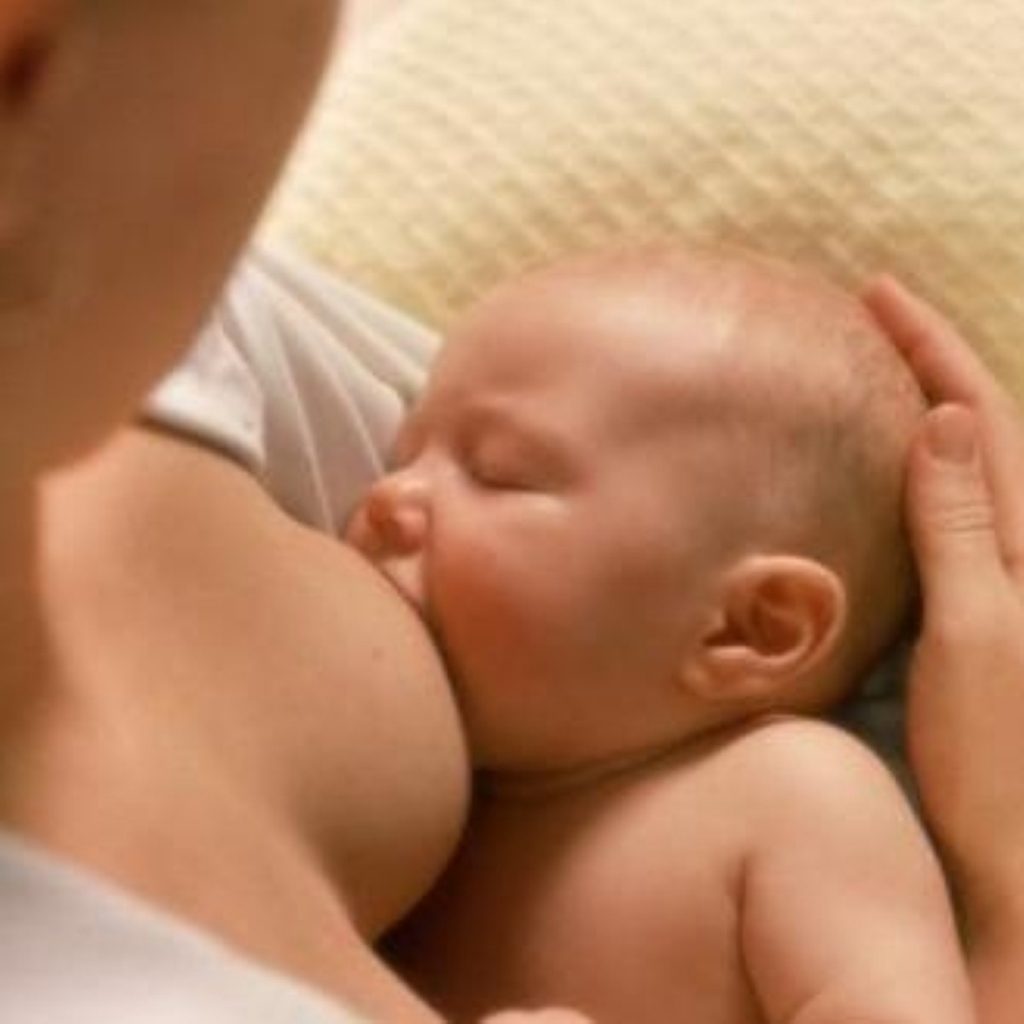Govt accused of breastfeeding failure
The government has been blamed for not increasing the number of mothers who breastfeed.
An editorial published in today’s British Medical Journal accuses the English healthcare system of “failing to encourage” the practice and calls for a national strategy.
Avoiding formula milk, the artificial alternative, has been shown to be the single most important preventive approach to saving children’s lives.
Yet despite this 40 per cent of mothers who attempt it give up by the time the baby is six weeks old, by which time just one in five babies are being breastfed.


This has created a major inequality, Professor Mary Renfrew from the University of York and Professor David Hall from the University of Sheffield say.
They claim the women most likely to use formula milk are young, white and from low socioeconomic backgrounds.
As a result the pair are calling for real and sustained changes in policy, practice and the education of health professionals, particularly doctors, to increase the rates of initiation and duration of exclusive breast feeding.
“Women and infants need their doctors to advocate breastfeeding, to learn the basic skills, to revise protocols for weight monitoring to ensure that breastfeeding is protected, and to support their colleagues who are working to promote and protect breastfeeding,” they write.
“Helping women to breast feed will avoid discontinuation and distress and encourage other women to breast feed. It’s not rocket science, but the effect on health outcomes will be profound and long lasting.”
Problems getting the baby to feed or pain experienced during breastfeeding are the most common reported reasons for mothers giving up the practice.
The authors urge the government to ensure more NHS trusts are accredited by global initiatives dealing with the practice.
A Department of Health spokesperson said “breast is best for babies”.
She continued: “We want to ensure women know the importance of breastfeeding and the benefits to themselves and their baby.
“That is why we are doing everything we can to encourage mothers to breastfeed and to make sure that they are aware of its benefits.”
The government used world breastfeeding week in August to announce an extra £2 million funding to help more women breastfeed by spending money on hospitals in disadvantaged areas.
At present Britain’s breastfeeding rate is among the lowest in Europe.

